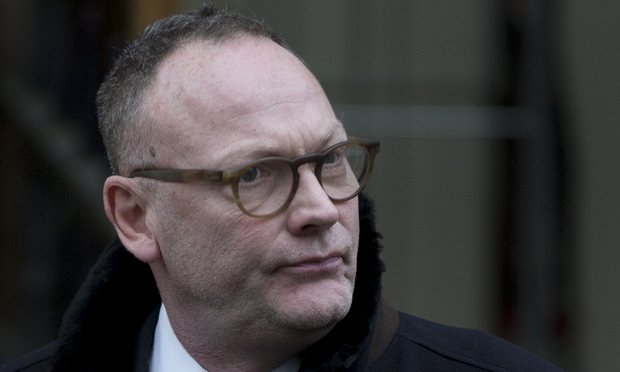Shambolic Child Abuse Inquiry Is Failing in Its Most Important Role
By Sandra Laville
Trust and confidence are the two things stripped away from children who are sexually abused by adults, often for life. As adults themselves, many describe how they struggle and fail to trust anyone, particularly authority figures who wield power in institutions. Perhaps the primary requirement of a national public inquiry into the sexual abuse of tens of thousands of children over decades within England and Wales was to seek their trust and gain their confidence. Yet in the last few months the shambolic goings on at the independent inquiry into child sexual abuse (IICSA) – the sudden departure of another chair, the manoeuvrings in secret over its remit, the future of the project to gather the testimonies of victims and the suspension and subsequent resignation of its lead counsel, Ben Emmerson – may have dealt a fatal blow to those aims. Secrecy and a lack of transparency have encroached upon the inquiry, sitting in its Millbank offices looking out over the seat of power. And – according to those with knowledge of the inquiry process – in the background throughout has been the silent hand of Home Office apparatchiks, who remain behind the scenes as the shambles unfolds. When heads fall – three chairs, members of the senior counsel team and now Emmerson – the bureaucrats from the Home Office and government remain in place. No wonder some victims laugh at the idea it is independent. But as Ian McFadyen, a survivor of abuse, said on Thursday: “It is not rocket science.” Running a major public inquiry is possible and has been done before, difficult, lengthy and expensive though it is: Bloody Sunday, the Bristol children’s heart hospital inquiry, the Scott inquiry into arms to Iraq and, an example which should shame those involved in IICSA, the royal commission into child abuse in Australia. The latter continues to expose the cover-ups within institutions like the church and to give voice to victims whose testimony is at the heart of the process in a focused, organised and devastating way. The departure of Emmerson – who said in a statement that no allegations had been put to him – is a huge blow. He sat at the head of a team of lawyers, oversaw the different strands of the inquiry and for many victims represented the bullish independence from the Home Office that the inquiry needed. He holds the knowledge and in the face of the flux of the last year he has represented continuity. Replacing him will be difficult but it must be done. The mammoth scale of the inquiry and its focus on the past is often used as an excuse for its failures so far. But surely in order to protect children today and in the future we have to stare down the cover-ups of the past and listen to those who as children were exposed, sometimes deliberately, to paedophiles. Without that honesty, how can we begin to change things for the better? If it is felt the remit of the inquiry is growing out of control to the extent that its scale threatens to jeopardise its aims to find the truth that will help protect children today, then it is surely not beyond the wit of the highly paid lawyers, civil servants and panel members to look flexibly at the problem, come to a solution and agree it with the home secretary. But is that really necessary? As it stands the independent inquiry is running 13 separate investigations into abuse within several institutions including the church, the Medomsley detention centre and children’s homes. These are already gathering documentary evidence and have held preliminary hearings; each has its own lead inquiry member and they operate as separate inquiries within the overarching monolith of IICSA. In one case, Lambeth, much of the work has been done already thanks to the incredible efforts of Raymond Stevenson, who was abused in the Shirley Oaks children’s home run by Lambeth in the 70s, and has traced hundreds of others who were in the south London homes between 1950 and 2003. He is building a database of where children were abused, where their stories corroborate each other and whom they have named as abusers. Whether Stevenson agrees to take part in the inquiry hangs in the balance as he contests the appointment of a chair, Alexis Jay, who was herself a senior social worker – the profession that put many of the Lambeth children into harm’s way. Her appointment – after the departure of Lowell Goddard in the summer was, some believe, rushed and reactive, and epitomises the way the inquiry has been run. The latest events do little to correct that view.
|
.
Any original material on these pages is copyright © BishopAccountability.org 2004. Reproduce freely with attribution.
